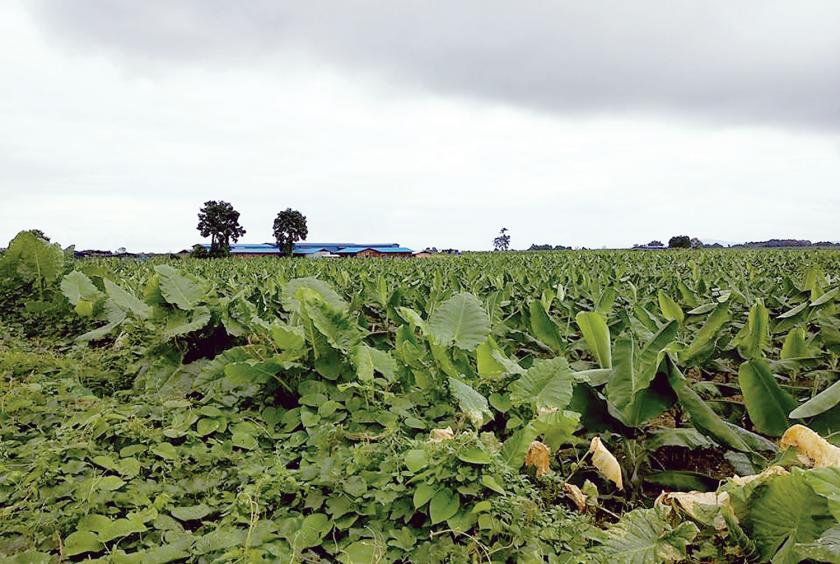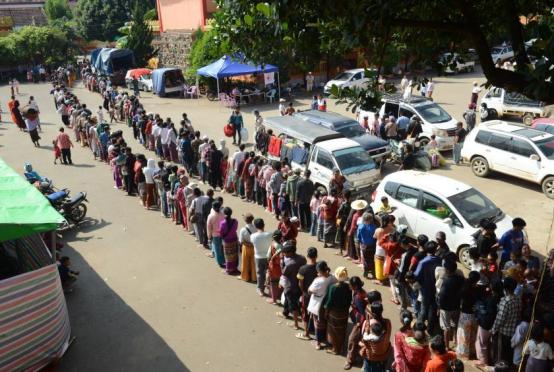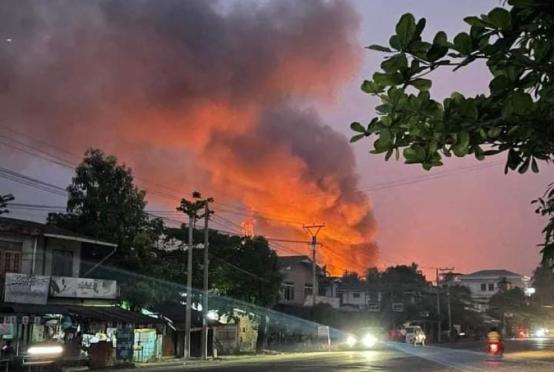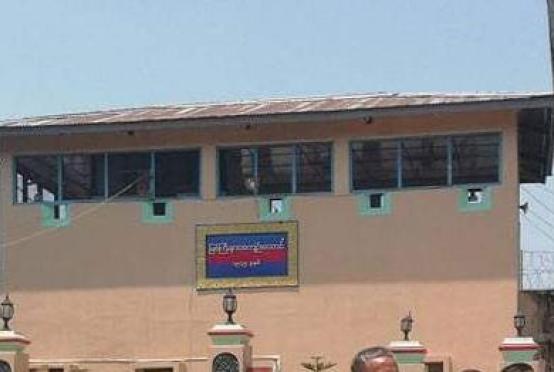
Due to the expansion of tissue culture banana plantations in Kachin State, some bee pastures have disappeared, said an official of the Bee Keeping Department from Myitkyina Township.
There are 45 individual beekeepers and more than 3,000 beehives. Kachin State produces 30,000 pounds of honey a year.
Win Myint, head of the Bee Keeping Department said: “As Kachin State gets much rain, bees migrate to the central Myanmar in the rainy season. Bees will return to Kachin State after the end of the rainy season. Oil crops which are pastures of bees are replaced with tissue culture banana plantations. It is impossible to do beekeeping collectively. Bee pastures are crucial for beekeeping. The number of beekeepers has not increased since the previous year even though it has no impact on honey production. Due to security concern, beekeepers cannot go to some pastures. The transportation becomes better. The honey market is good. There is a shortfall of honey even in Kachin State.”
In Putao, In Kachin State, Thikhaung beekeeping is conducted on a trial basis. Bees from European countries are being cultured in Myitkyina and Waingmaw Townships. A plan is under way to open a beekeeping department in Bhamo Township.
“Local bee species have faced extinction due to deforestation and lack of systematic honey production. Bee dies when locals fired bee capsule.”
For the development of beekeeping businesses, the department is conducting courses and educating locals about beekeeping techniques. The price of a bottle of honey weighting 60 tickles is Ks2,000. Kachin State exports honey to China.















